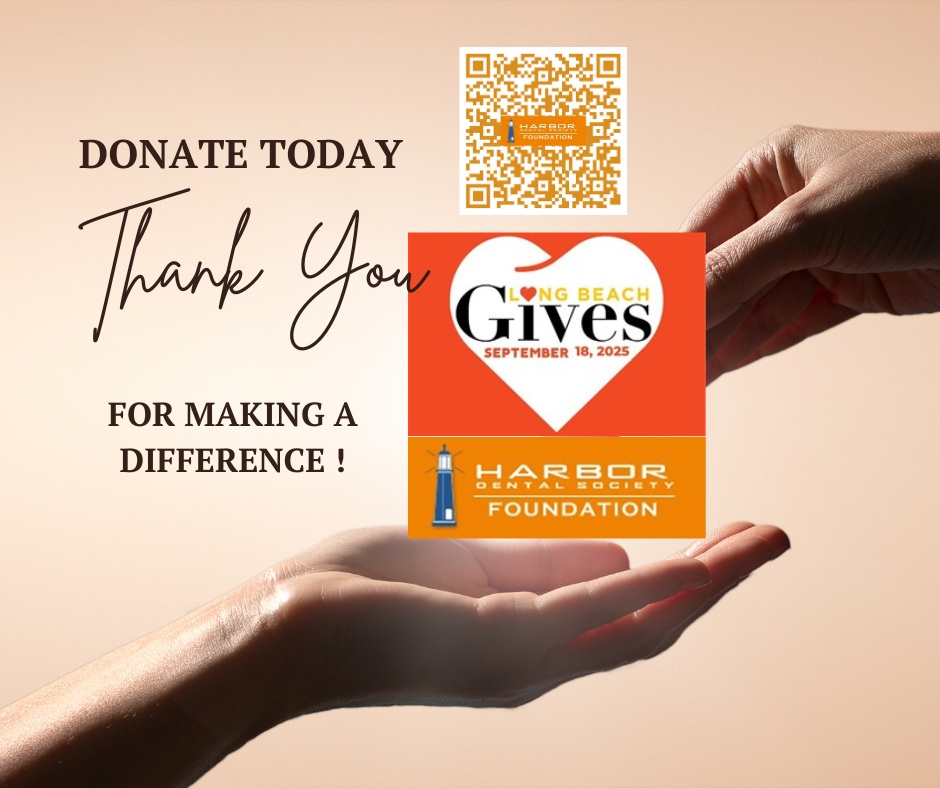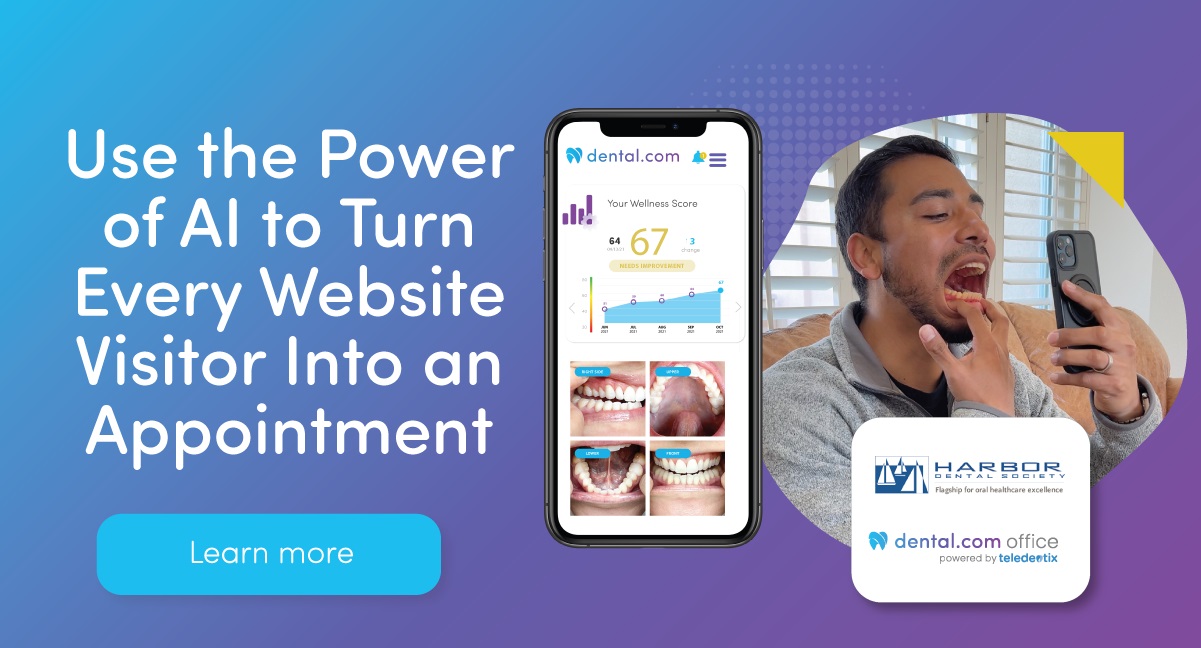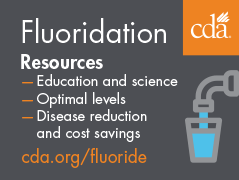There are a number of simple precautions you can take to avoid accident and injury to your teeth. One way to reduce the chances of damage to your teeth, lips, cheeks, and tongue is to wear a mouthguard when participating in sports or recreational activities that may pose a risk. Avoid chewing ice, popcorn kernels, and hard candy, all of which can crack a tooth. Cut tape using scissors rather than your teeth.
Accidents do happen, and knowing what to do when one occurs can mean the difference between saving and losing a tooth.
Most dentists reserve time in their daily schedules for emergency patients. Call your dentist and provide as much detail as possible about your condition. Remember, pain is a signal that something is wrong--a problem that will not disappear even if the pain subsides. If you're concerned about visiting the dentist because you have limited or no dental insurance, ask your dentist if the practice offers a convenient outside monthly payment plan. If the answer is yes, you can submit an application online and get an immediate credit decision--and the emergency care you need.
For more information, please see the following 3rd party payment plan companies:
- http://www.carecredit.com
- http://www.capitalonehealthcarefinance.com/dental
- http://www.springstoneplan.com
Some of the questions the dentist will ask you if you have a toothache are:
- How long has it hurt?
- Is it sensitive to hot or cold?
- Is it a sharp or dull pain?
- How much does it hurt?
- Have you been taking anything for the pain?
The dentist or the dental staff will ask you those questions as a way to determine what type of emergency treatment will be required and how quickly you need to be seen in the office.
When you arrive at the dentist's office, he or she will do an oral examination to determine which tooth is bothering you and the source of the pain. The dentist may also need to take x-rays to help in the diagnosis. Treatment can then begin to alleviate the pain and address the problem. Some of the main reasons for a toothache include: decay, periodontal (gum) disease, or physical trauma, such as being hit in the mouth with a baseball or hockey stick.
Common complaints associated with toothaches include that the tooth is sensitive to hot or cold liquid or foods or to sweets; there is often a throbbing pain; and sometimes there is what is called referred pain. "Referred pain" means you might have a pain in your ear or in the lower jaw, but it's really caused by a tooth.
It used to be that if you had a toothache, the tooth probably would be extracted. Today, dentists focus now on preserving the tooth. In most cases, pain can be resolved without removing the tooth. Dentistry is making great progress in helping people keep their teeth for a lifetime.
TIPS FOR DEALING WITH DENTAL EMERGENCIES
Bitten Lip or Tongue
Clean the area gently with a cloth and apply cold compresses to reduce any swelling. If the bleeding doesn't stop, go to a hospital emergency room immediately.
Broken Tooth
Rinse your mouth with warm water to clean the area. Use cold compresses on the area to keep any swelling down. Call your dentist immediately.
Cracked Tooth
For the Dental Patient: Do You Have a Cracked Tooth?
Jaw-Possibly Broken
Apply cold compresses to control swelling. Go to your dentist or a hospital emergency department immediately.
Knocked Out Tooth
old the tooth by the crown and rinse off the root of the tooth in water if it's dirty. Do not scrub it or remove any attached tissue fragments. If possible, gently insert and hold the tooth in its socket. If that isn't possible, put the tooth in a cup of milk and get to the dentist as quickly as possible. Remember to take the tooth with you!
Objects Caught Between Teeth
Try to gently remove the object with dental floss; avoid cutting the gums. Never use a sharp instrument to remove any object that is stuck between your teeth. If you can't dislodge the object using dental floss, contact your dentist.
Toothache
Rinse your mouth with warm water to clean it out. Gently use dental floss or an interdental cleaner to ensure that there is no food or other debris caught between the teeth. Never put aspirin or any other painkiller against the gums near the aching tooth because it may burn the gum tissue. If the pain persists, contact your dentist.
For those in need of Emergency Care without insurance or finances, please contact:
FOR ADULTS:

County of Los Angeles Long Beach
Comprehensive Health Center
1333 Chestnut Avenue
Long Beach, CA 90814
(562) 599-2153
![]() State of California
State of California
Denti-Cal Referral Line
(800) 322-6384

100 W. Carson Street
Torrance, 90502
(310) 222-2345
FOR CHILDREN:

Children's Dental Health Clinic
455 E. Columbia Street
Long Beach, CA 90806
Phone: 562-933-3141

1441 Eight Street
San Pedro, CA 90732
(310) 832-5295
Well-Being Emergencies:
- National Suicide Prevention Lifeline: 800-273-TALK (8255)
https://suicidepreventionlifeline.org/ - Teen Line: 310-855-4673 or Text 'TEEN' to 839863
- Crisis Text Line. Text 'HOME' to 741-741
https://www.crisistextline.org/ - National Domestic Violence Hotline: 1-800-799-7233







